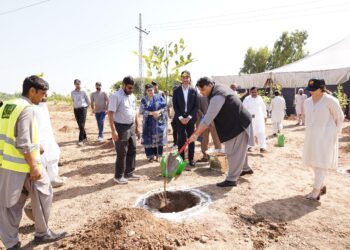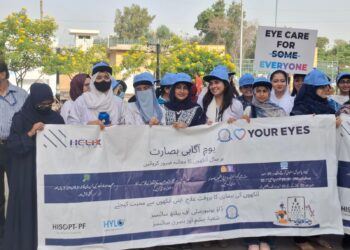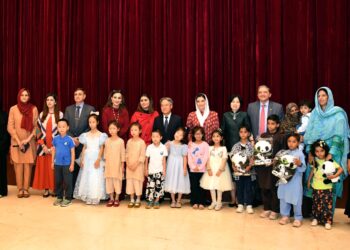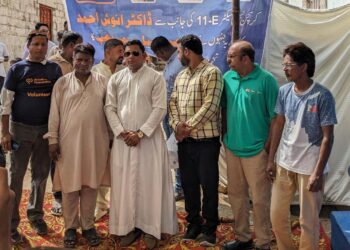Health Reporter
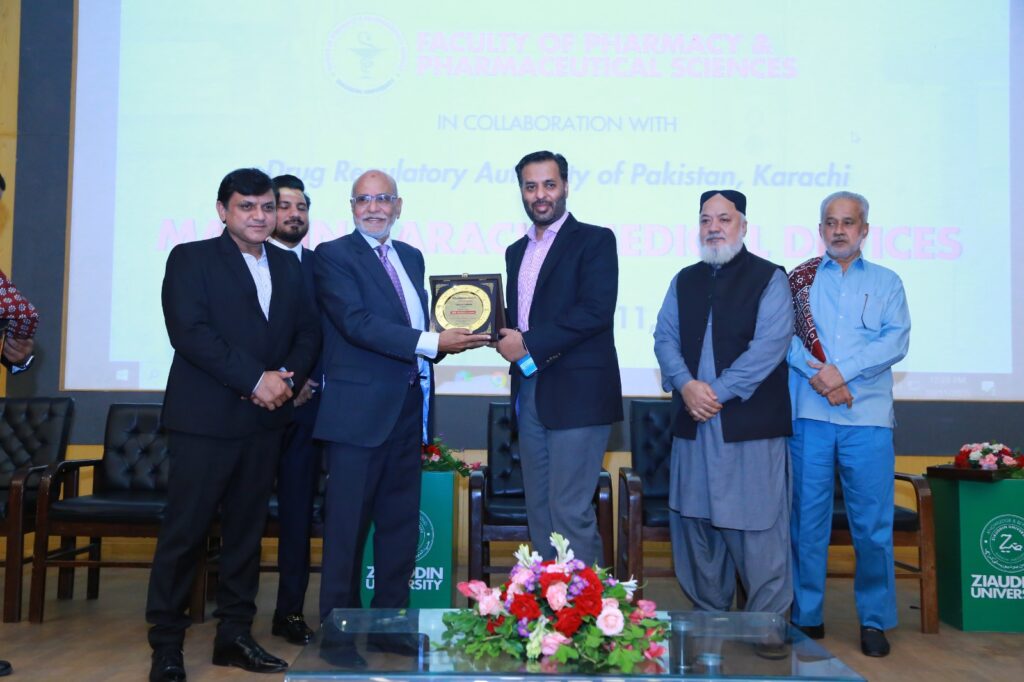
Karachi: Ziauddin University, in collaboration with the Drug Regulatory Authority of Pakistan (DRAP), hosted a seminar titled “Made in Karachi – Medical Devices” to highlight Pakistan’s growing focus on local manufacturing, innovation, and self-reliance in the healthcare technology sector.
Addressing the seminar as chief guest, Federal Minister for National Health Services Syed Mustafa Kamal said Pakistan currently has a $1 billion medical and pharmaceutical export market, with a target to expand it to $30 billion within five years.
“In the past, registering a medical device through DRAP took nearly 3.5 years. Today, the process is fully digitalized, and licenses are issued within just 20 days,” Kamal said, emphasizing reforms for transparency and efficiency.
He reaffirmed his ministry’s commitment to facilitating local manufacturers, calling Karachi the “economic artery of Pakistan.”
“Whatever is made in Karachi is close to my heart,” he said. “Strengthening local manufacturing here means strengthening Pakistan itself.”
Prof. Dr. Abbas Zafar, Acting Vice Chancellor of Ziauddin University, praised the minister’s “Made in Pakistan” vision and said the theme “Made in Karachi” symbolizes the city’s scientific and industrial strength.
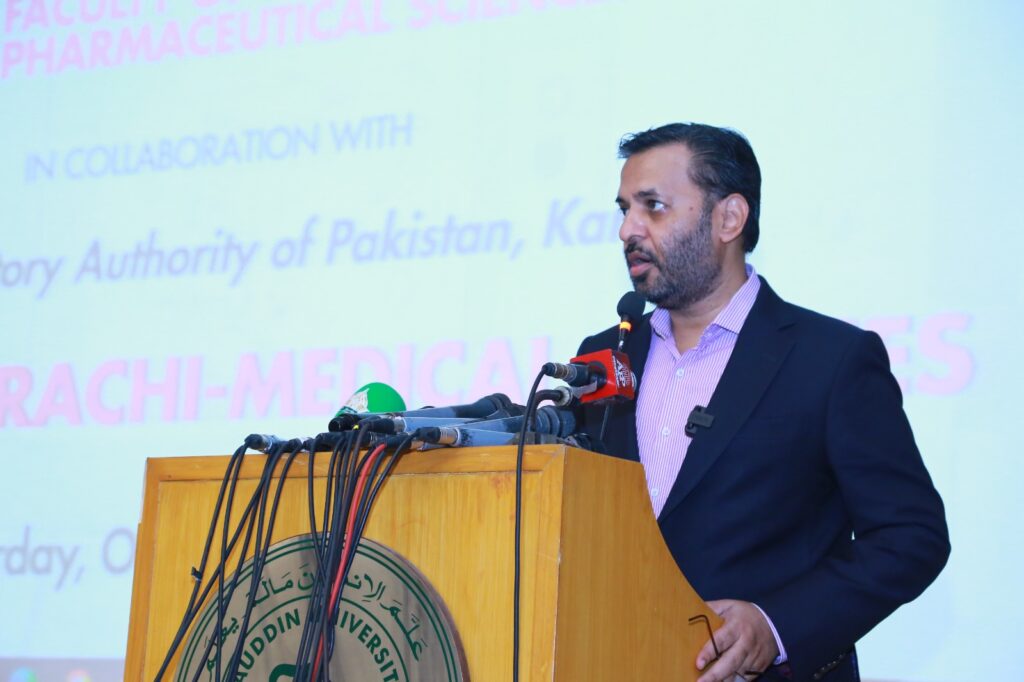
Syed Omer Ahmed, Chairman of the Healthcare Devices Association of Pakistan (HDAP), highlighted challenges such as high taxation and the absence of toll manufacturing systems.
“Pakistan has nearly 100 factories producing medical devices, yet the tax burden remains higher than on medicines,” he said, calling for balanced policies to tap into the $600 billion global market.
Representing DRAP, Dr. Shoaib outlined the authority’s efforts to align local regulations with international standards.
“Our goal is to create an innovation-friendly regulatory environment that ensures patient safety while helping Pakistani manufacturers compete globally,” he stated.
In his welcome remarks, Prof. Dr. Mirza Tasawer Baig of Ziauddin University expressed gratitude to the minister and participants, calling the event a milestone for Pakistan’s healthcare innovation ecosystem.
The seminar concluded with a panel discussion titled “Strengthening Pakistan’s Medical Device Ecosystem: Challenges, Opportunities, and the Way Forward,” featuring experts from academia, industry, and regulatory bodies.

